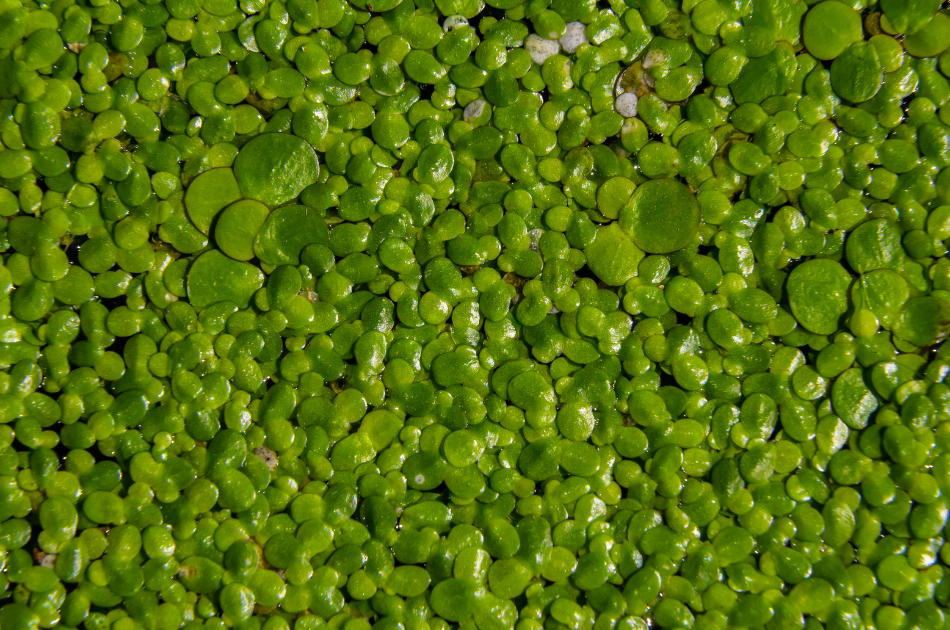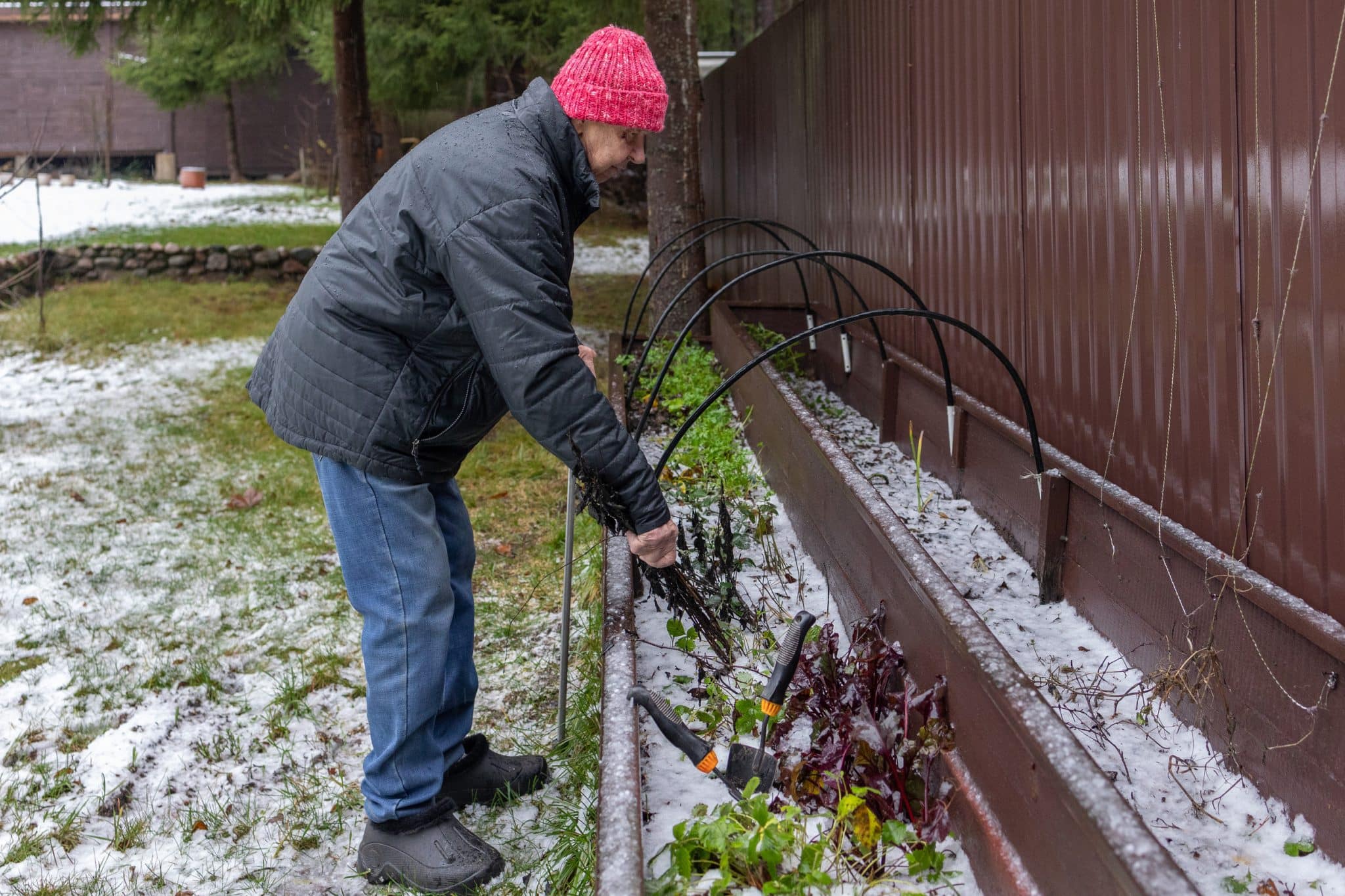Water lentils, a sustainable and protein-rich plant, have received approval as a vegetable in Europe, marking a significant step towards enhancing global food security and promoting a protein transition. Commonly known as duckweed, these small, green plants have been traditionally consumed in Asia but are now poised to enter Western markets.
Water lentils are notable for their ecological advantages. They thrive in water, require minimal nutrients, and can be cultivated in urban settings without the need for farmland. Their rapid growth rate allows them to double in biomass every three days, potentially yielding over six times more protein per hectare than soybeans. Additionally, they are free from pesticides, making them an appealing option for environmentally conscious consumers.
Nutritionally, water lentils are rich in vitamins, minerals, and antioxidants, offering a complete profile of essential amino acids. Taste tests have indicated that they have a slightly nutty flavor and a pleasant texture, making them suitable for various dishes, including soups and pastas.
The journey to approval in the European Union was not without challenges. Water lentils were classified as a ‘novel food’ by the European Food Safety Authority (EFSA), necessitating extensive research and regulatory compliance. Researchers from Wageningen University collaborated with organizations such as the Wellcome Trust to demonstrate the safety and viability of water lentils for consumption. This effort culminated in the 2021 approval of the Wolffia variety, followed by the recent endorsement of the Lemna type.
While regulatory hurdles have been cleared, commercial production of water lentils remains in its infancy within the EU. Countries like Israel have begun marketing them, while a U.S.-based startup is working on protein extraction from the plant. Wageningen University is actively coordinating initiatives to explore sustainable production methods, such as vertical farming, to facilitate the integration of water lentils into mainstream food products.
Consumer acceptance is crucial for the future of water lentils. Research conducted by Wageningen Food & Biobased Research indicates that initial skepticism among consumers can shift towards approval with exposure. The challenge now lies in encouraging food companies to embrace this innovative ingredient, as both supply and demand must align for water lentils to become a staple in European diets. With their potential for rapid growth and sustainability, water lentils may soon be a common presence on plates across Europe.
Check out the original article here: Source link



